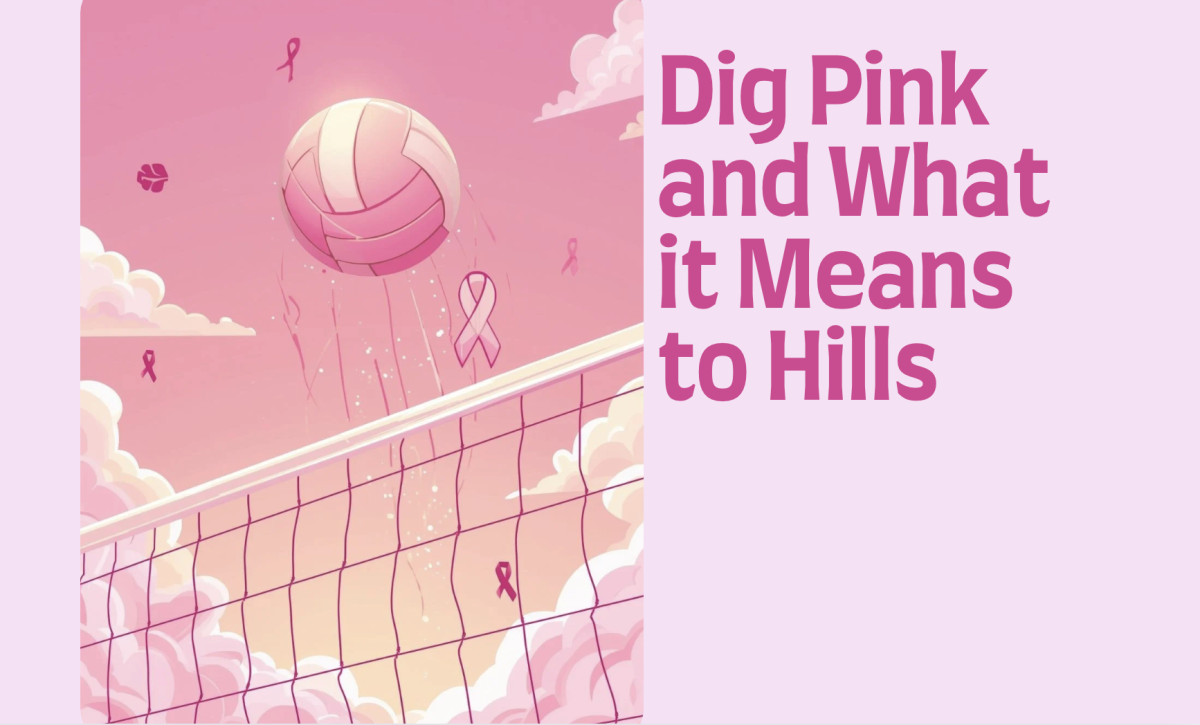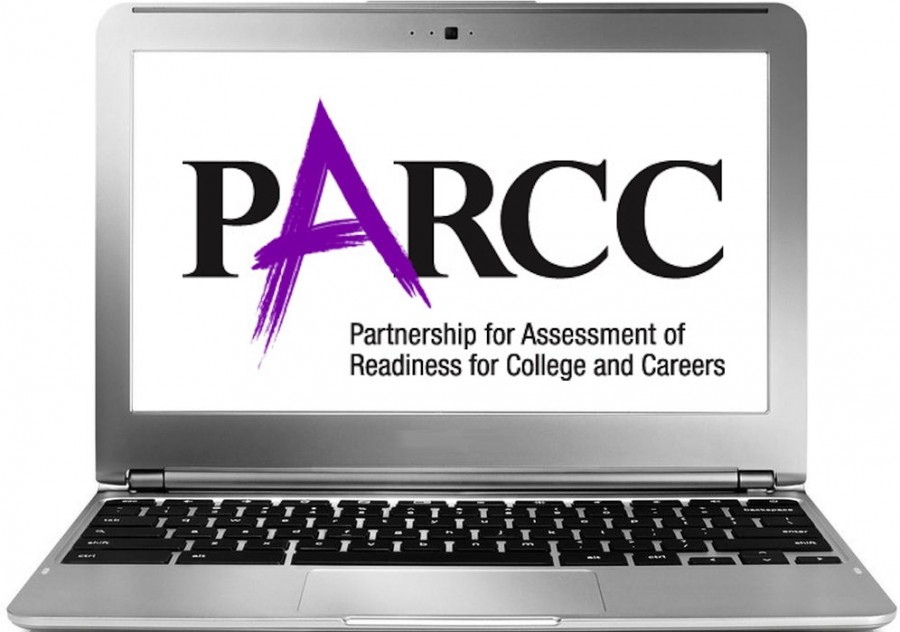Aside from the college-dependent SAT and ACT, most students thought they were rid of standardized tests come middle school graduation. However, the New Jersey Assessment of Skills and Knowledge (NJASK) equivalent has surfaced in the form of the Partnership for Assessment of Readiness for College and Careers (PARCC). Following last year’s excessive refusal rate amongst Hills students to participate in the examination, administration is making a clear effort to increase student participation for the 2016 test in the name of Hills Pride.
Students and parents alike have received emails from both Principal Glenn deMarrais and Superintendent Erik Gundersen, encouraging participation in this year’s exam. In an “Important letter from the principal,” deMarrais articulates his hopes that students will embrace their role as contributing members of Pascack Hills and encourages students to feel similarly “uncomfortable with Pascack Hills being ranked as anything other than one of the best high school in the state.”
Pascack Hills Vice Principal Tim Wieland comments on the importance of PARCC participation saying, “With a greater participation rate, and our students putting forth their collective best efforts, we will all be better able to evaluate the PARCC results before it becomes a mandatory graduation requirement.”
Gundersen’s letter to the parents relayed a similar message, focusing more heavily, however, on Pascack Hills’ state standings. Deeming last year’s refusal rate as “one of the highest in the state,” he suspects the 2015-2016 school report card and rankings to be subsequently negatively impacted. In an attempt to stop this same fate from reoccurring, Gundersen concludes by urging parents to have their children participate in the PARCC exam and thereby allow the test to monitor their children and portray a “true reflection of the academic strength of our district.”
Last year’s protocol regarding the PARCC opt-out required students to receive signatures from both parent and principal on a test refusal form found in the guidance office. The consequent excessive refusal rates could be credited to the ease in the refusal process.
Hills Senior Deanna Hoffman said, “It was so easy to refuse last year, it is no wonder so many took advantage of the opportunity to opt out.”
Recognizing this as a likely reason so many went that route last year, administration has taken cautionary steps to avoid the same fate.
deMarrais’ email details the steps students must take should they choose to forego PARCC testing “against the advice of the district administration.” Students must first make an appointment with their guidance counselor and discuss their reasoning behind their refusal—differing greatly from last year in which students could simply obtain a refusal form without reason. They must then receive a refusal form and return it with signatures from student, counselor and parent before April 20. Such extensive steps intend to deter students from refusing PARCC.
As reflected in deMarrais’ sentiments, this issue is far more than a matter of test scores and rankings. It is a matter of maintaining and reflecting the Pascack Hills way: choosing the means that may not seem ideal for the individual because it is for the better of the whole.









































